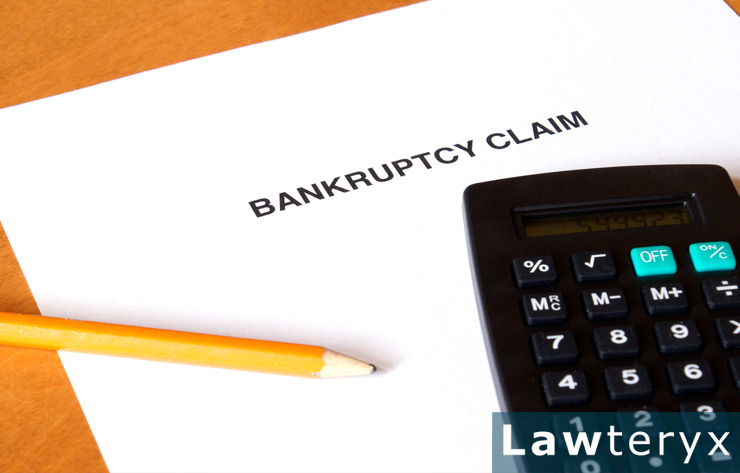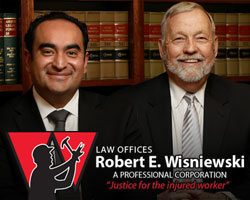
Dealing with self-employed bankruptcy is a painful time. There’s the financial stress that anyone would struggle with, along with the low sense of self-worth that can come from a business venture not working out as you would have hoped, regardless of whose fault it was. Making clear-headed decisions and then executing them in a professional manner in these times can be challenging, so here are some tips to help see you through.
The first decision that has to be made is which type of bankruptcy will be filed. There are 4 different options in the Federal Bankruptcy Code—Chapters 7, 11, 12 and 13. We can eliminate Chapter 12 right off the bat as that deals with farmers (well unless you are a farmer). Here are the key distinctions between the 3 options that the vast majority of self-employed people will have to choose between.
Chapter 7 bankruptcy
This is liquidation and it’s basically a clean slate—with all the positives and negatives that entails. The plus side is that most debts can be wiped clean (notable exceptions are alimony, child support and taxes). But the negative side is that most everything you own will be liquidated and sold to pay off the debts. You shouldn’t count on keeping much more than the shirt on your back in a Chapter 7 filing.
Chapter 13 bankruptcy
This is the most preferable path if you’re able to qualify. After filing for bankruptcy, the courts will assign a trustee to your case. You and the trustee will work out a repayment plan that will be subject to court approval. Your debt must be less than $807,750 and your income cannot exceed $269,250 for Chapter 13 to be an option. You do not need to liquidate assets and it’s likely that your debt can be negotiated down with the trustee.
Chapter 11 bankruptcy
This is the chapter that’s most commonly referenced, perhaps because it’s what’s available to larger corporations and extremely wealthy individuals in the public eye. The fundamentals are the same as Chapter 11, but there are no limits on the amount of debt or income.
The typical self-employed person will be choosing between Chapters 7 and 13. The most important thing to know going into the proceedings is that your documentation of income and expenses must be organized and on-point. An understatement of income can get your case dismissed and keep the creditors calling.
This can be a challenge for the self-employed. In many respects, they are no different from “regular employees” in terms of their compensation and work. But the self-employed lack the simplicity of a W-2 form where all income is reported, and a struggling business is less likely to have issued a regular paycheck to the owner in any case. That’s one reason you should always contact a bankruptcy attorney to advise you on your case and your options.







